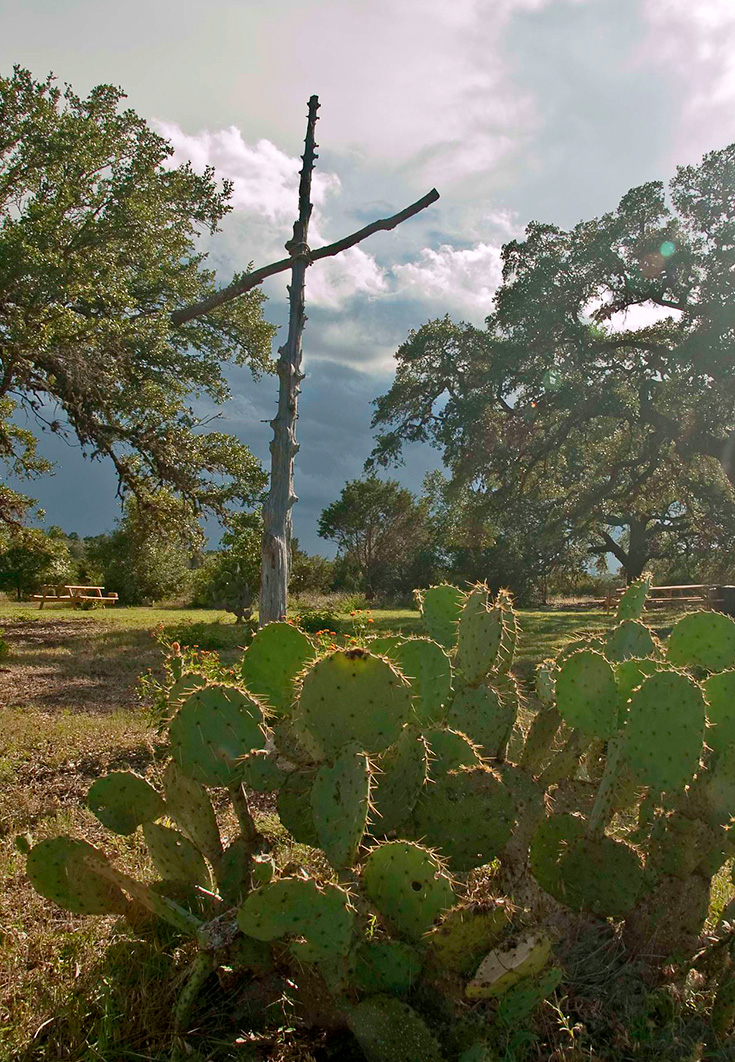Last month my parents’ dear friend died suddenly of a heart attack. I spoke to my dad and mom on the phone about his death, hearing the shock in their voices. They recounted recent events and ones that never got to happen. A golf trip to Arizona. A planned dinner he didn't make. Now, unexpectedly, he’s gone.
What really struck me about this whole sad turn of affairs was how my parents’ and their friend’s small Baptist church decided to respond. They chose to have a memorial service on a Sunday morning, when the whole congregation was together. They reasoned that a Christian funeral is not about therapy for the mourners so much as it is about the community of faith accompanying the deceased saint all the way to his final resting place. With that in mind, they decided their friend would be best honored and commended to God in the context of the place of worship where he normally encountered God, rather than in, say, a funeral home or a private graveside service.
Listening to my parents describe this plan, it struck me as counterintuitive in the best way. Despite our culture’s strongly individualistic bent, we are part of one another, and we ought to find ways to remind ourselves of that solidarity.
The tendency, at least among the churches I’ve been a part of in my Christian life, is to partition the worshiping body of believers based on their particular needs. Single? There’s a group especially tailored for you. Married with young children? There’s a parenting class you’d be welcome to sign up for. Aging? There’s a lively group of seniors that meet for potlucks on Saturday nights.
But what all these specialized communities may end up doing -- subtly, not intentionally -- is fracturing the congregation so that we forget a more fundamental truth. Despite our unique concerns and needs, we all belong together.
Beyond funerals on Sunday morning, I find myself wondering about other ways we might we remind ourselves of that basic conviction. How could we rethink children’s ministry in church so as to emphasize our mutual belonging? Or singles’ gatherings? Or weddings? Here’s Amy Laura Hall:
The way that young Protestant couples plan their weddings bodes very ill for the kind of family they are hoping to become. You watch what a wedding is often about these days -- it is about displaying one’s wealth to those one is eager to impress. If you think instead about the scriptural wedding itself, about being the open banquet that one hopes one’s marriage will be, I think weddings would look a lot different than they do. I think they would be on a Sunday morning service where everyone is invited. I think they would look more like a potluck than the kind of catered extravagances toward which even the middle class is climbing. I think the image of the banquet where the blind and the lame are invited, and those who cannot repay us, that image would be one in which to start a marriage.
That’s a startling image -- one I find just as beguiling and beautiful as the image of my parents filing into Sunday morning worship to accompany their deceased friend all the way to his heavenly rest.
Wesley Hill is a PhD student in the Department of Theology & Religion at Durham University in the U.K. You can follow him on Twitter at @wesleyhill.






